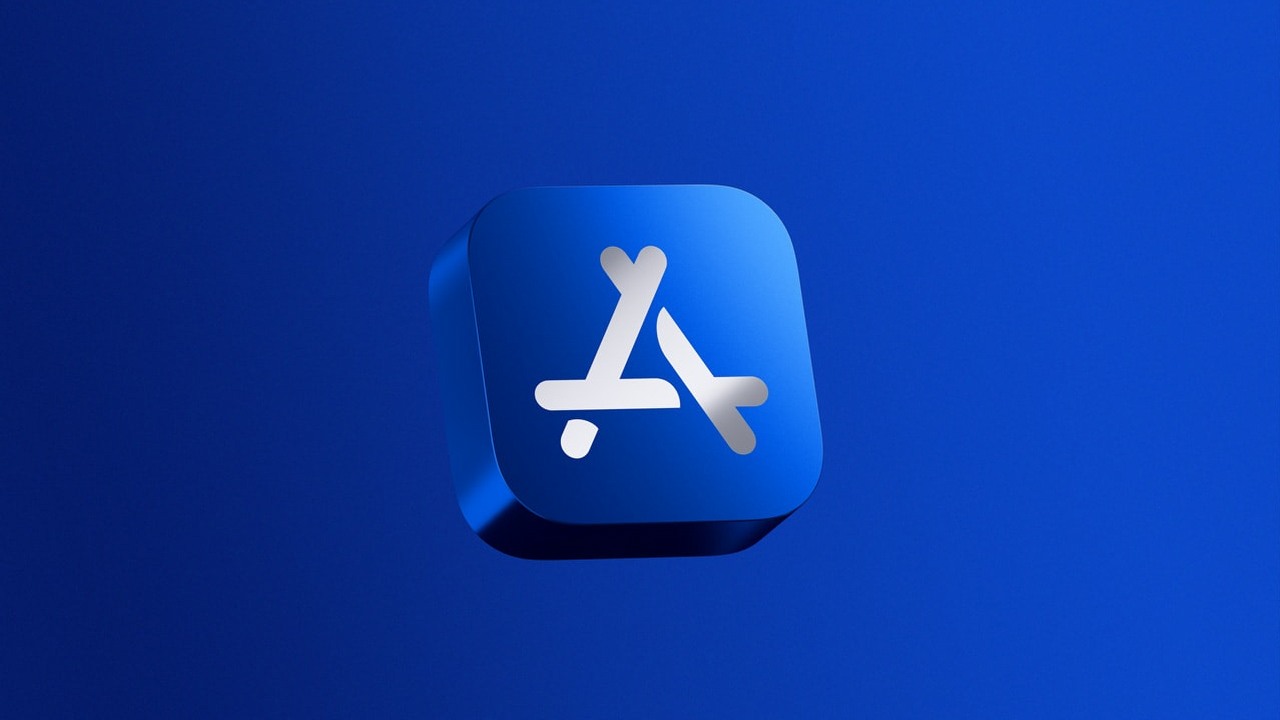Apple Takes Payments Outside the App Store in US. Tim Sweeney Shares What's Wrong
The App Store finally lets iOS app developers to introduce third-party payments. The head of Epic Games criticized the way Apple has implemented this solution. And he is not alone in this.
1

Apple will finally allow the purchase of apps for its devices from sources other than the App Store platform. The company made efforts to postpone the implementation of the court order for a considerable period, even after essentially prevailing over Epic Games. However, the owner of the iOS system has now set out the guidelines for external payments on their devices, following the US Supreme Court's rejection of the possibility of appeal by both parties, as informed by Tim Sweeney (via 9to5Mac).
So far, the CEO of Epic Games has viewed the compulsion of Apple to permit payments outside the App Store as a minor triumph in an unsuccessful legal battle. However, he quickly changed his mind after learning about the rules for shopping outside the store (via X).
Sweeney is by no means alone in criticizing the way this system is implemented. In theory, it was intended to allow users to purchase apps outside of the App Store, enabling developers to avoid paying a fee for using the platform. However, purchases made outside the developer platform are still subject to a 27% margin according to the App Store rules (or 12% for companies participating in the App Store Small Business program).
This alone will probably discourage creators from submitting requests to add external links (as this requirement is also in the rules), and it definitely won't allow them to potentially lower the price (which was one of Epic Games' arguments against digital distribution margins). Nevertheless, there are more controversial constraints.
- Links must be clearly separated on the application card in the App Store. Developers can't post purchase info on their website or link to it for purchases on the app's platform page (side note: Apple also imposes hyperlink text for external purchases).
- Links cannot be opened as an overlay in the application, but only through the device's default web browser (URL addresses cannot contain any user parameters). This means the need to log back into the app, but also to open it again.
- Tim Sweeney also criticizes the notification about leaving the App Store and the associated risk. Another thing is that similar solutions with links are used by other digital distribution platforms, including Steam.
Apple's "ill will"
According to the CEO of Epic Games, these and other rules are proof of Apple's "ill will." The company seems to discourage payments outside the App Store in this way, both for creators (a 3% margin reduction is a poor incentive, since the developer still has to pay for their own website) and for users (by slightly complicating the purchase process). Besides, as mentioned, it will make it difficult to offer lower prices for in-game purchases, since the creators will not actually save money by using their own website.
The company justifies this approach as a "fair fee" for using the technological infrastructure (tools, security, etc.) and access to the App Store user database. Apple also notes that with hundreds of thousands of iOS and iPadOS app developers in the American versions of the App Store, collecting fees from creators will be extremely difficult, if not impossible.
So far, these arguments are not convincing to many people. Perhaps the case will cause another dispute with the European Commission, which will soon introduce regulations that will make it easier for users to pay for services outside the Apple platform. If the company does not comply, it faces a fine of 10% of its annual turnover.
For now, the owner of the AppStore is trying to obtain a refund of at least $73 million in legal costs from Epic Games, which would discourage other companies from filing similar lawsuits (via Gamesfray/X/Jez Corden).
- „Prices should have dropped, but they haven't.” Tim Cain says corporations pocketed players' money saved on digital games
- 72% of game developers think Steam is a monopoly. However, they have one good reason to keep using it
- CD Projekt and Nintendo say „no” to artificial intelligence, but the CEO of ARC Raiders publisher seems sure: „Every company uses AI”
1

Author: Jacob Blazewicz
Graduated with a master's degree in Polish Studies from the University of Warsaw with a thesis dedicated to this very subject. Started his adventure with gamepressure.com in 2015, writing in the Newsroom and later also in the film and technology sections (also contributed to the Encyclopedia). Interested in video games (and not only video games) for years. He began with platform games and, to this day, remains a big fan of them (including Metroidvania). Also shows interest in card games (including paper), fighting games, soulslikes, and basically everything about games as such. Marvels at pixelated characters from games dating back to the time of the Game Boy (if not older).
Latest News
- End of remote work and 60 hours a week. Demo of Naughty Dog's new game was born amid a crunch atmosphere
- She's the new Lara Croft, but she still lives in fear. Trauma after Perfect Dark changed the actress' approach to the industry
- „A lot has become lost in translation.” Swen Vincke suggests that the scandal surrounding Divinity is a big misunderstanding
- Stuck in development limbo for years, ARK 2 is now planned for 2028
- Few people know about it, but it's an RPG mixing Dark Souls and NieR that has received excellent reviews on Steam, and its first DLC will be released soon

